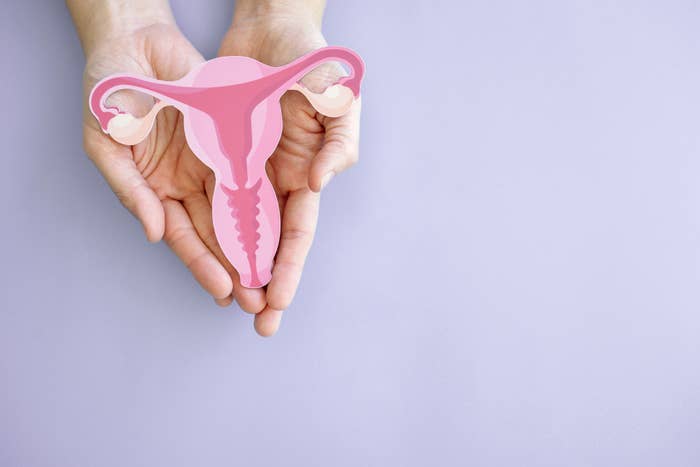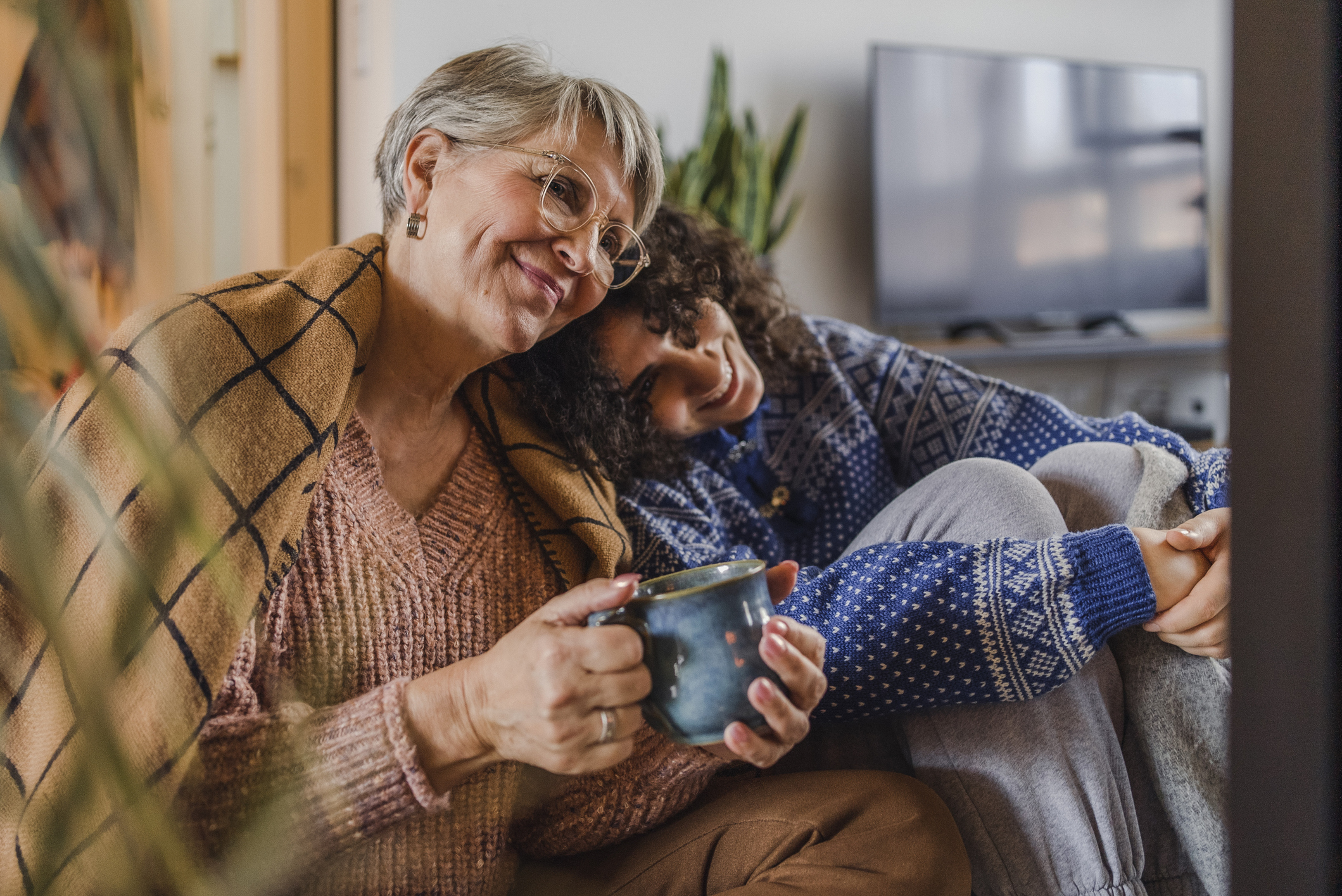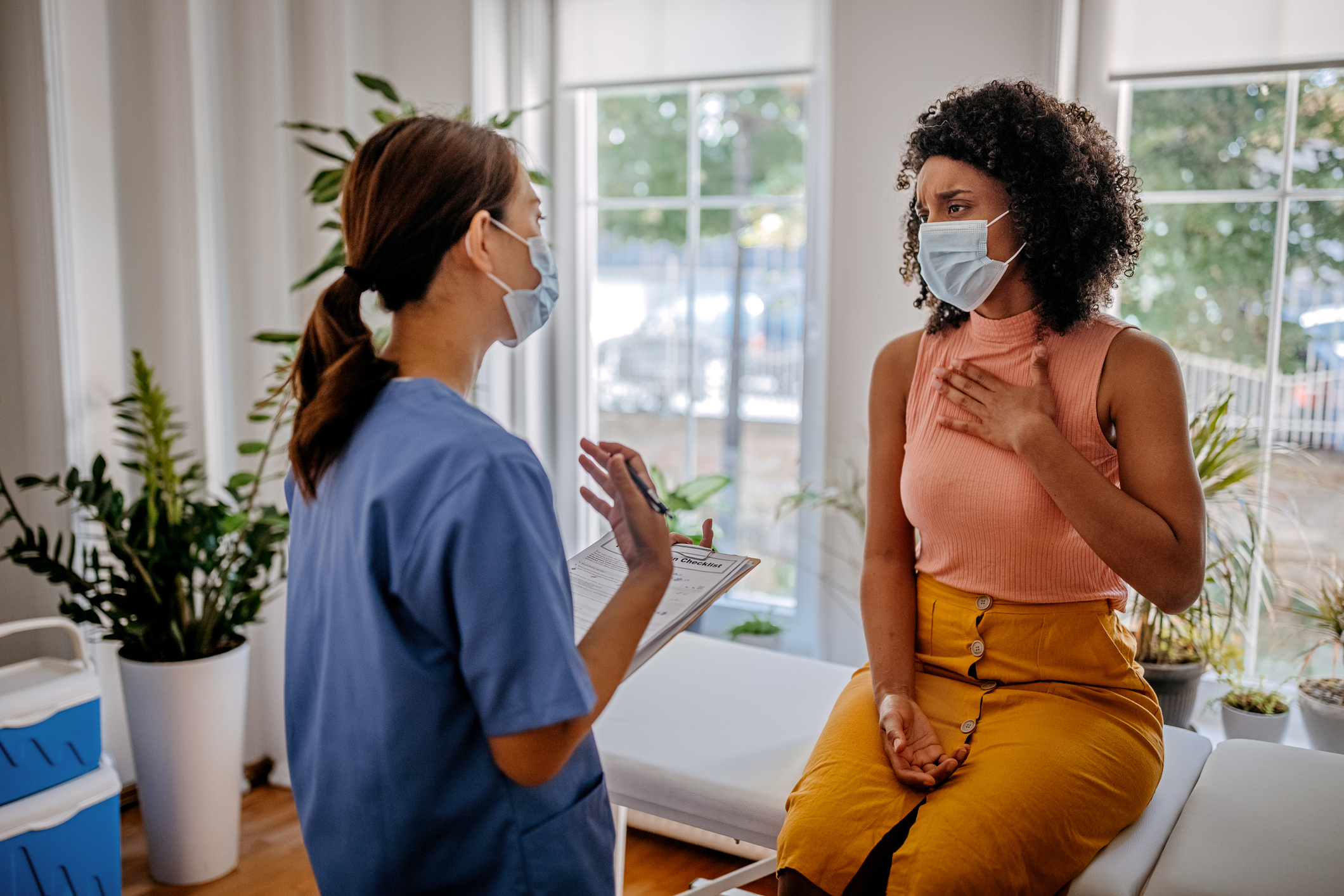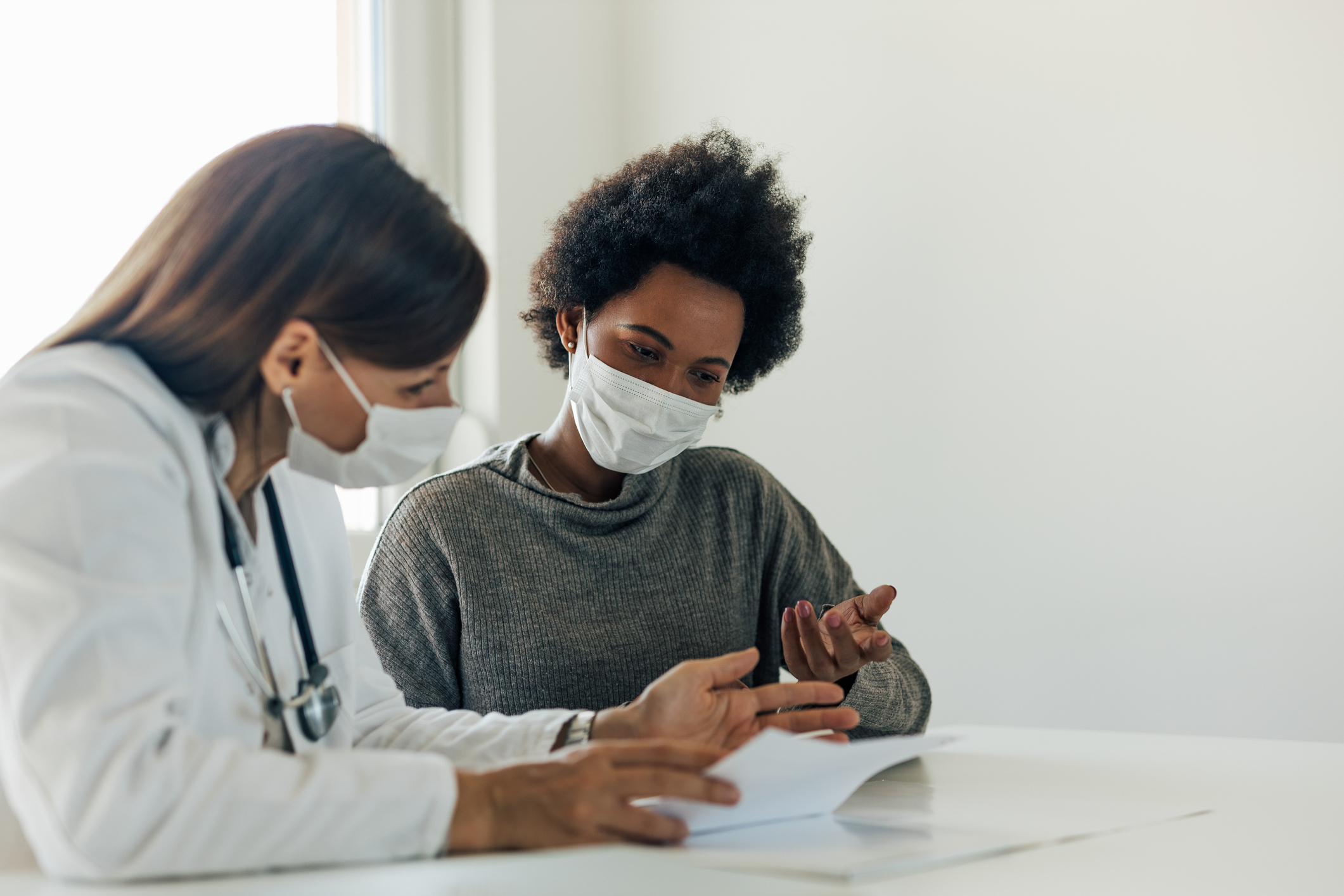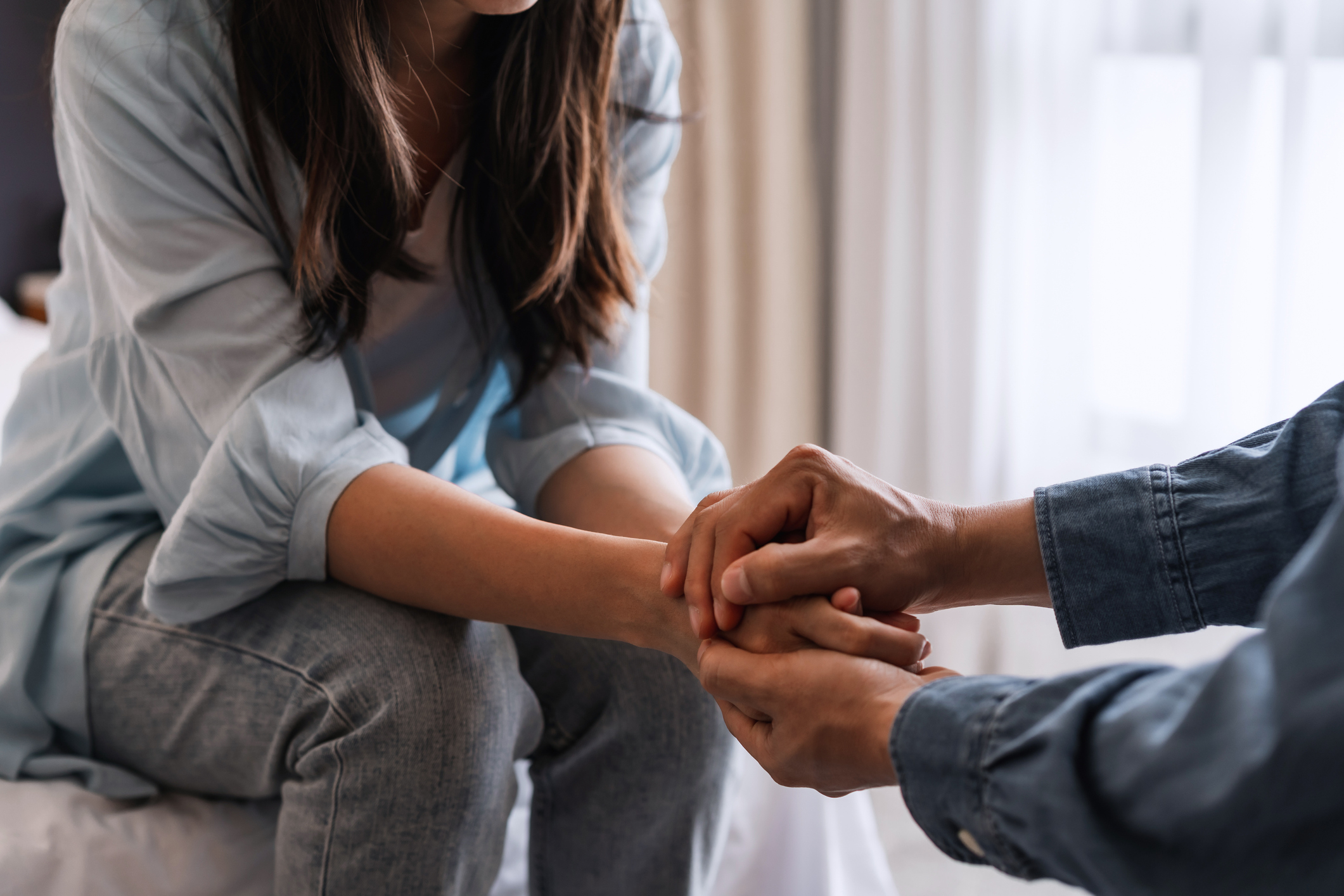CDCexperts answer the most authoritative questions about ovarian Crab .
In a previousarticle, we invited our readers to ask us anything about ovarian cancer. We’ve gotten questions about a range of topics, like signs and symptoms and risk factors. Here, we’ve compiled the most important, most commonly asked questions, with answers provided by experts at CDC.
“My paternal grandmother died of ovarian cancer. It seemed to come out of nowhere and then she was very sick. What is the genetic risk of also getting ovarian cancer? What are the biggest signs of having ovarian cancer?” —Cat
About 10 % to 15 % of ovarian Cancer can be link up to a family story of breast , ovarian , pancreatic , prostate , uterine , colorectal , and some other type of cancer . Two familial weather that can run in families and can increase your risk of ovarian cancer are Hereditary Breast and Ovarian Cancer syndrome and Lynch syndrome . These are due to harmful change to cistron ( hereditary mutations ) that can be inherited from either side of your family . For that reason , it ’s authoritative to find out your family history of Cancer in woman and men on both sides of your family and partake this information with your medico . Ask your family about the type of Cancer the Crab that family appendage have been diagnosed with and the eld they were diagnosed . Share this and all other information you accumulate about your family account of cancer with your physician and ask ifgenetic counseling and testingare right for you . If you know you have a high-pitched endangerment of ovarian cancer , there are things you’re able to do to lower your endangerment .
CDC ’s novel mobile health app My Family Health Portrait : Cancer helps you gather up your family ’s history of Crab and can help you understand your risk for breast , ovarian , and colorectal cancer . Android users can download the app fromGoogle Play , and iOS users can download the app from theApp Store .
“Is there a regular test you can take, like a Pap smear, that can warn you of ovarian cancer signs?” —Melissa S.
regrettably , right now there is no reliable agency to screen for ovarian genus Cancer . spoon food and HPV exam do not block out for ovarian cancer;they help prevent cervical cancer or find it early . It ’s important to stay up - to - date with those screening and carry on your gynecologic care even after have babies and after menopause .
“What are some early warning signs of getting ovarian cancer? Is there anything I should look out for?” —Emily B.
Signs like unusual vaginal hemorrhage and discharge , pain or pressure level in the pelvis , or abdominal bloating could be sign of ovarian cancer but may also be because of something that is n’t cancer . It ’s authoritative to know what ’s normal for your body and see a doctor if any changes interest you . One important thing you could do to see and manage your risk for ovarian cancer is to divvy up your crime syndicate history of malignant neoplastic disease with your medico .
“Are there any conditions or circumstances that mean you’d be more likely to develop ovarian cancer in your lifetime? For instance, endometriosis.” —Jane
There is no way to know for sure if you will get ovarian genus Cancer . There areseveral factors that increase your risk , including having adenomyosis . Your risk is also higher if you are halfway - aged or previous or have never given birth . Being overweight or having obesityincreases your jeopardy of fuck off ovarian cancer . Keeping a goodly weight may lower your risk for ovarian genus Cancer . Having a family history of certain types of genus Cancer also raise your peril . If any of these peril factors is honest for you , it does n’t signify you will get ovarian Crab . You should address to your physician about your risk of exposure , admit your family history of cancer , and work with them to better sympathize and manage your risk . If you do n’t sleep together your family account of genus Cancer , CDC has gratuity onways to start the conversation .
“If I have a friend or a loved one with ovarian cancer, how can I support them and offer sympathy? Are there resources?” —Anonymous
If you are supporting a protagonist or loved one with malignant neoplastic disease , there are direction to facilitate themstay mentally and physically healthyduring and after treatment . Be sensitive to their tone and promote them to talk to you and other family appendage and friend . Help them stay physically active to lour their risk of infection of imprint by inviting them for a walk or other activities that they are able to do . It ’s authoritative to know that survivors may need you even when their discourse is over , and your role may shift over meter . Support can range from providing emotional musical accompaniment to help with daily project like household task , providing meals or childcare , going to the doctor with them , and more .
If you are caring for a friend or loved one with cancer, it’s important to take care of yourself as well. CDC hasresourcesfor those who provide care and support for people with cancer to help you stay healthy too.
